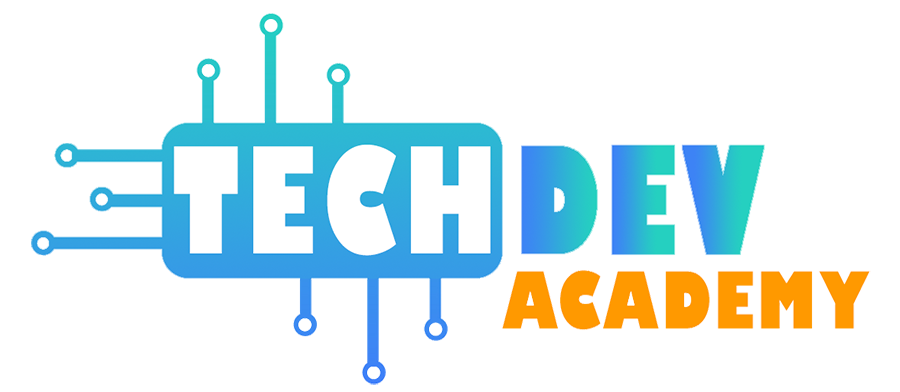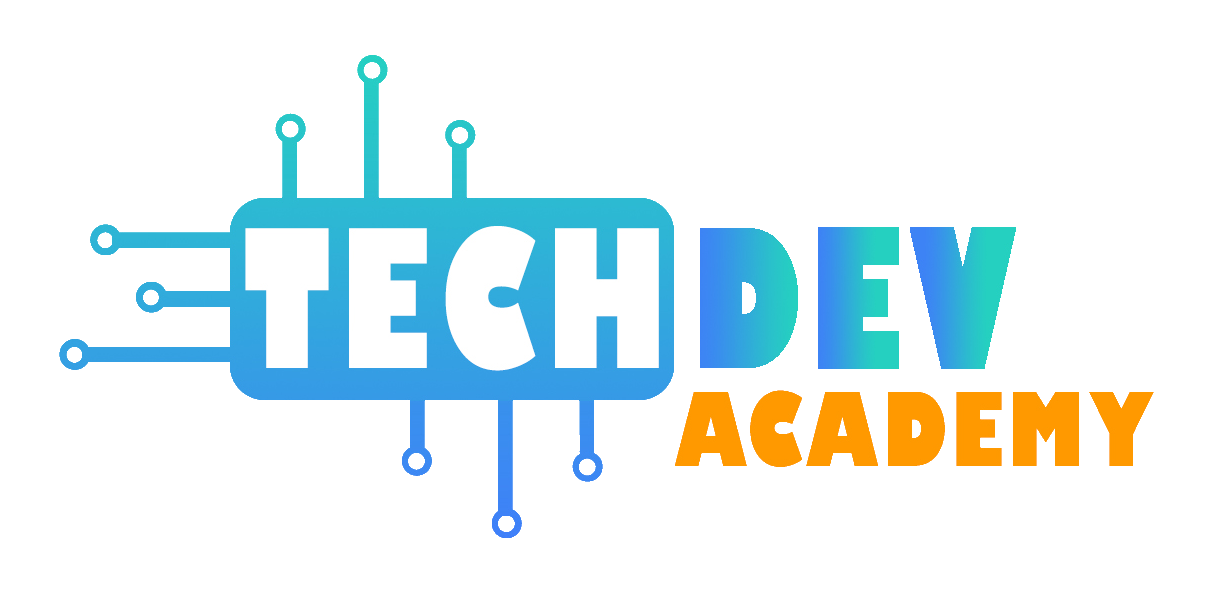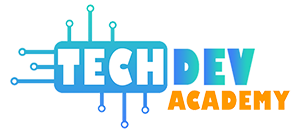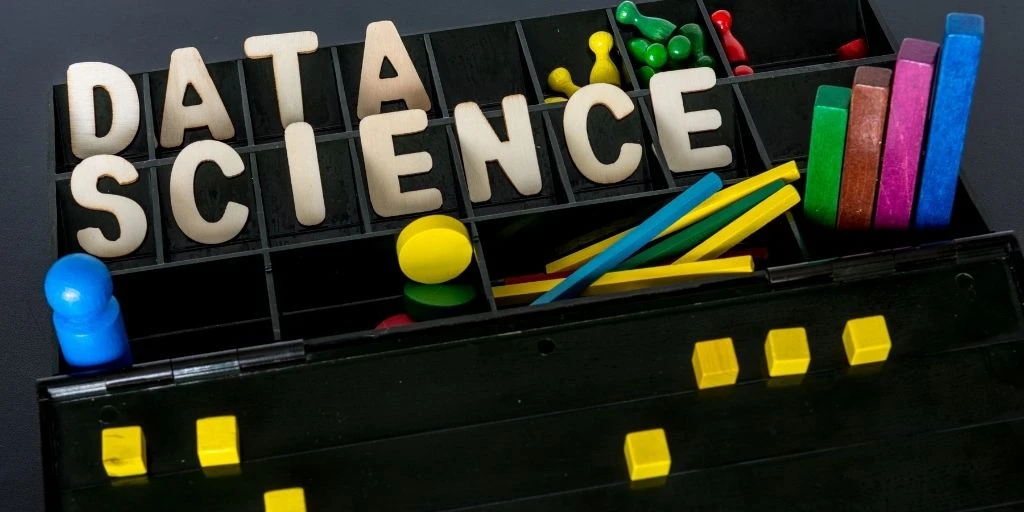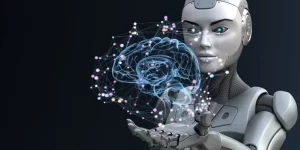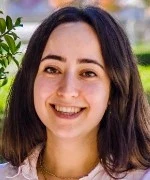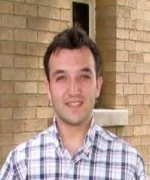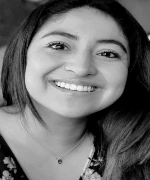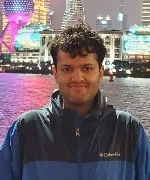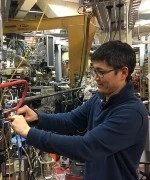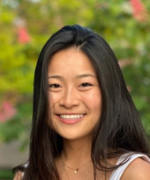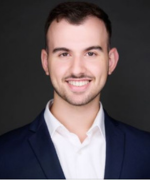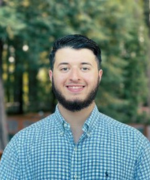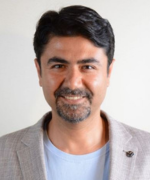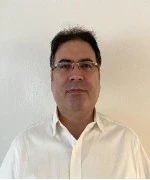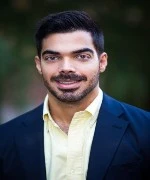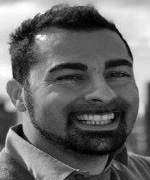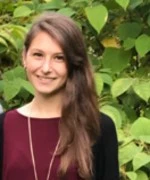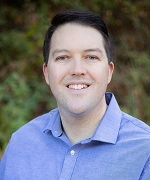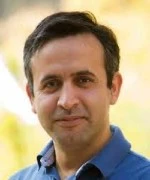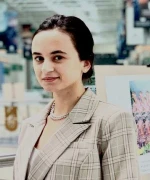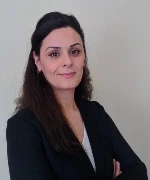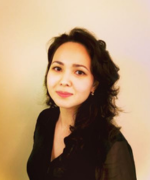Essential Things You Need to Know About Data Science
In its simplest form, data science refers to the field of study that works with massive volumes of data to extract valuable insights. With the world becoming increasingly connected, a huge volume of data is being generated regularly. Once companies capture this raw data, it means nothing to them unless they can derive meaningful information from it to make valuable business decisions. This is exactly where the importance of data science comes into the picture. Data science professionals use a wide variety of tools, techniques, and machine learning algorithms to discover unseen patterns from that raw data, which are essential for companies to get a competitive edge.
Top industries that use data science the most
While a wide range of industries can benefit from data science, here are the top five among them.
Retail: The retail industry, being consumer-focused in nature, depends heavily on relevance and personalization. The use of data science helps companies to understand consumer behavior in a better way.
Finance: Being an industry greatly driven by numbers, the finance sector is heavily reliant on data science. It helps financial institutions in risk assessment, customer analysis, identifying potential fraudulent behaviors, among others.
Healthcare: This industry uses data science to identify patterns and prescribe the right course of action for patients. The pharmaceutical industry also uses data science to plan and perform appropriate clinical trials.
Media: Here, data science is used to create content for targeted audiences, evaluate content performance, and suggest on-demand content.
Telecommunications: Telecom companies use data science to ensure better network deployment, allocate network resources, provide personalized offers, etc.
Top present and future jobs in the field of data science
In the data science field, a broad array of career paths is being steadily opening up. Here’re the top five job roles (in random order) that are in high demand not only today but will remain so in the future as well.
Data scientist: These professionals find, clean, organize, and process raw data to derive valuable insights.
Machine learning engineer: With the help of strong programming and statistical skills and a solid knowledge of software engineering, these professionals design, build and monitor machine learning systems.
Data analyst: These people build, deploy, and maintain analytic systems to derive actionable insights.
Data engineer: These professionals are in charge of transforming massive complicate datasets into simple analyzable formats, which are essential for data scientists to perform their jobs.
Data architect: These people integrate, centralize, and maintain different data sources of a company using the latest technologies.
Why students should start learning data science
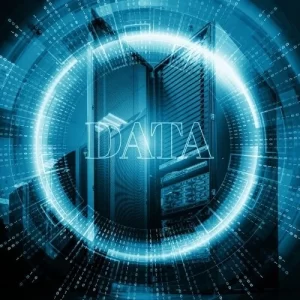
In today’s world, data has become omnipresent and a key that promotes the world’s digital transformation using advanced technologies such as artificial intelligence, IoT (Internet of Things), machine learning, etc. Therefore, it should not be a surprise that data science has become one of the fastest-growing career fields these days. The employment opportunity for data scientists is anticipated to grow much faster compared to the average of all other fields. There is already a major gap in the demand and supply of data science experts. And in the upcoming years, with the emergence of advanced technologies, employers will increasingly look for highly skilled data science professionals. As the majority of careers are steadily becoming integrated with big data and data mining applications, parents can help the kids become job-ready by motivating them to understand data science applications. It is a fact that the huge data flow will be continuous, which simply means more and more areas where valuable insights can be derived will continue to open up. Multiple studies have shown that there is a correlation between early exposure to math and later math success. Teaching the fundamentals of data science can happen at an early age. The key is ensuring the content remains appropriate to students’ cognitive abilities and makes them interested.
How to motivate kids to learn data science
So far, we have discussed the importance of introducing kids to the fundamentals of data science to make them better prepared for their future careers. However, the key question is how parents can accomplish this? Let’s take a look at some effective ways.
- Show them applications of data science: By nature, kids tend to avoid taking part in an activity they become interested in it. Therefore, it would be prudent to demonstrate to them the real-life applications of data science. However, be sure to avoid complicated fields such as banking or insurance. Instead, try to tell them how data is used by Instagram or Netflix.
- Use online games: This is a common yet highly effective method when it comes to making kids interested in something that seems to be uninteresting such as data science. Developed by IBM, Machine Learning for Kids is an activity kid that introduces children to the implications and principles of artificial intelligence and machine learning while allowing them to play with data. Suitable for different age groups, the kit comes with more than two dozen activities. Many statistics-related games are also available online that can help them learn, develop, and strengthen math skills and concepts.
- Introduce them to coding: In data science, coding plays one of the most important roles. So, introducing them to coding is extremely crucial to make them familiar with the fundamentals of data science. Here also, you can take the help of online games such as CodeCombat, CodeMonkey, etc to help them learn to code while having fun.
- Familiarize them with online visualization tools: Data visualization is an integral part of data science. Helping kids create colorful infographics and visualization using free tools is a fun and effective way to get them interested in data science.
Closing thoughts
Today, it has become essential for parents to take definitive approaches to help their kids fill the talent gap in the data science field. Keeping the exponential growth of data in mind, it is safe to assume that today’s kids will have to live in an age where having a robust understanding of the concepts of data science will become essential. All the parents need to do is start training their kids’ minds to develop the fundamental skill sets of data science from now.
